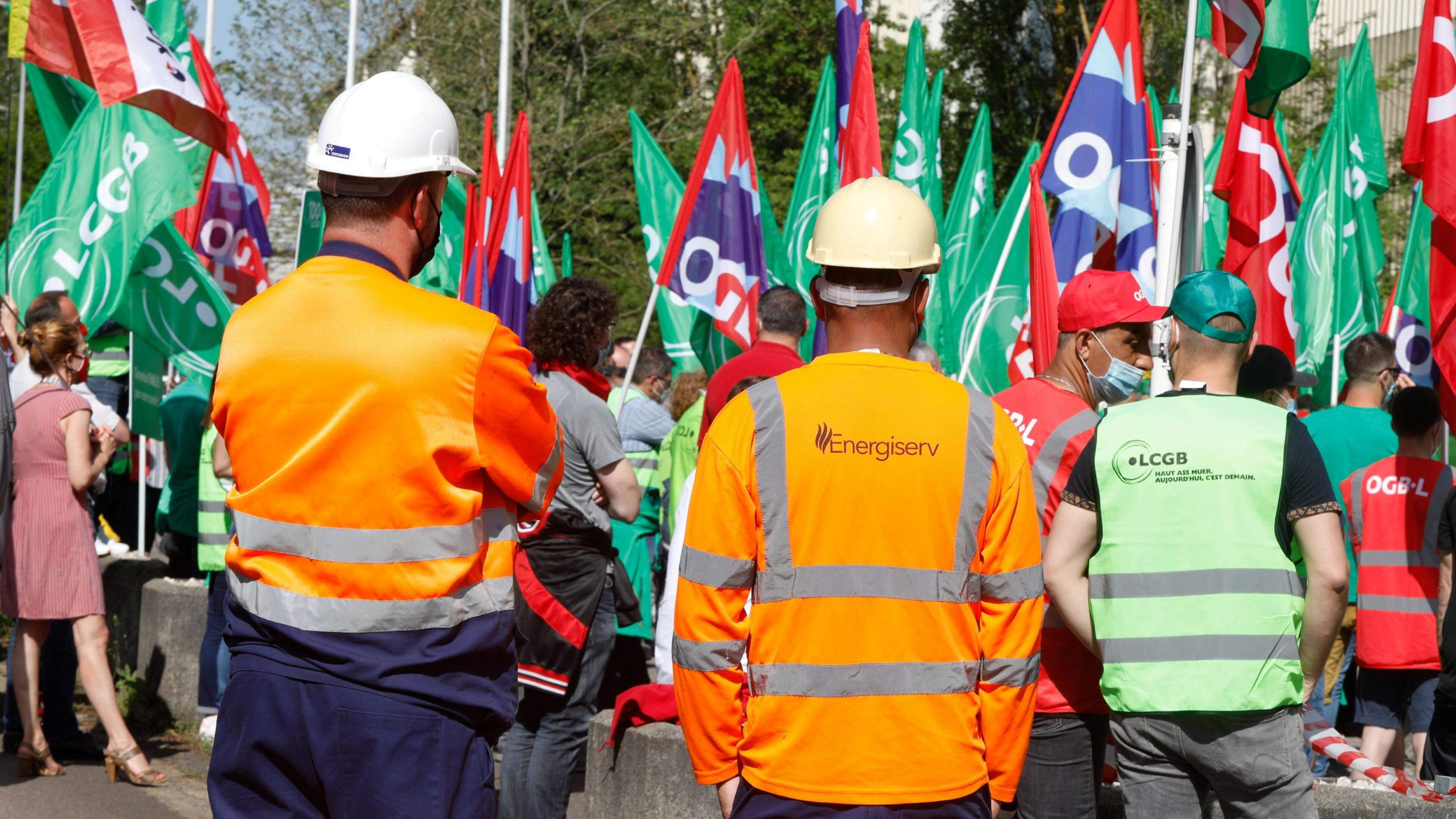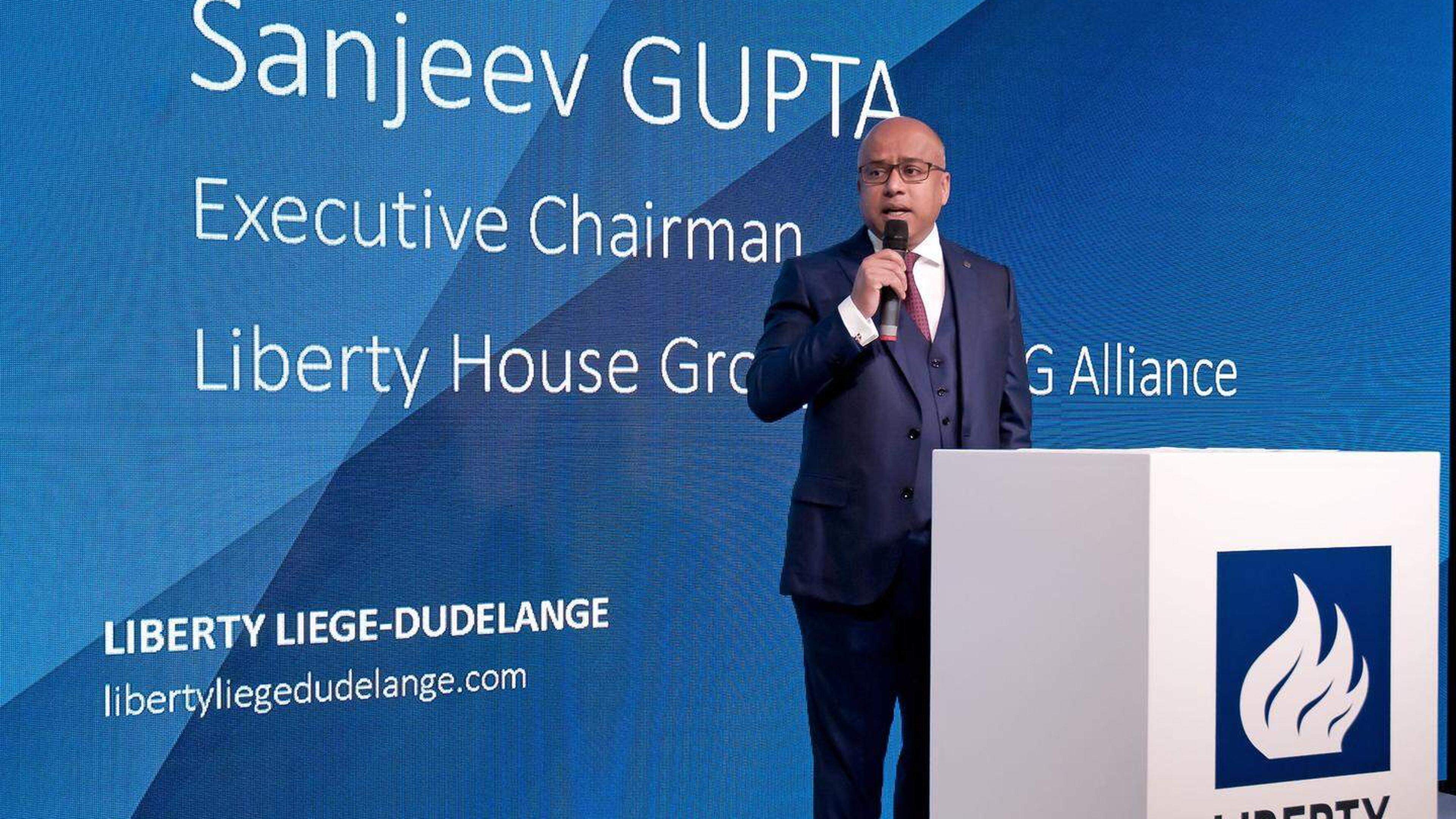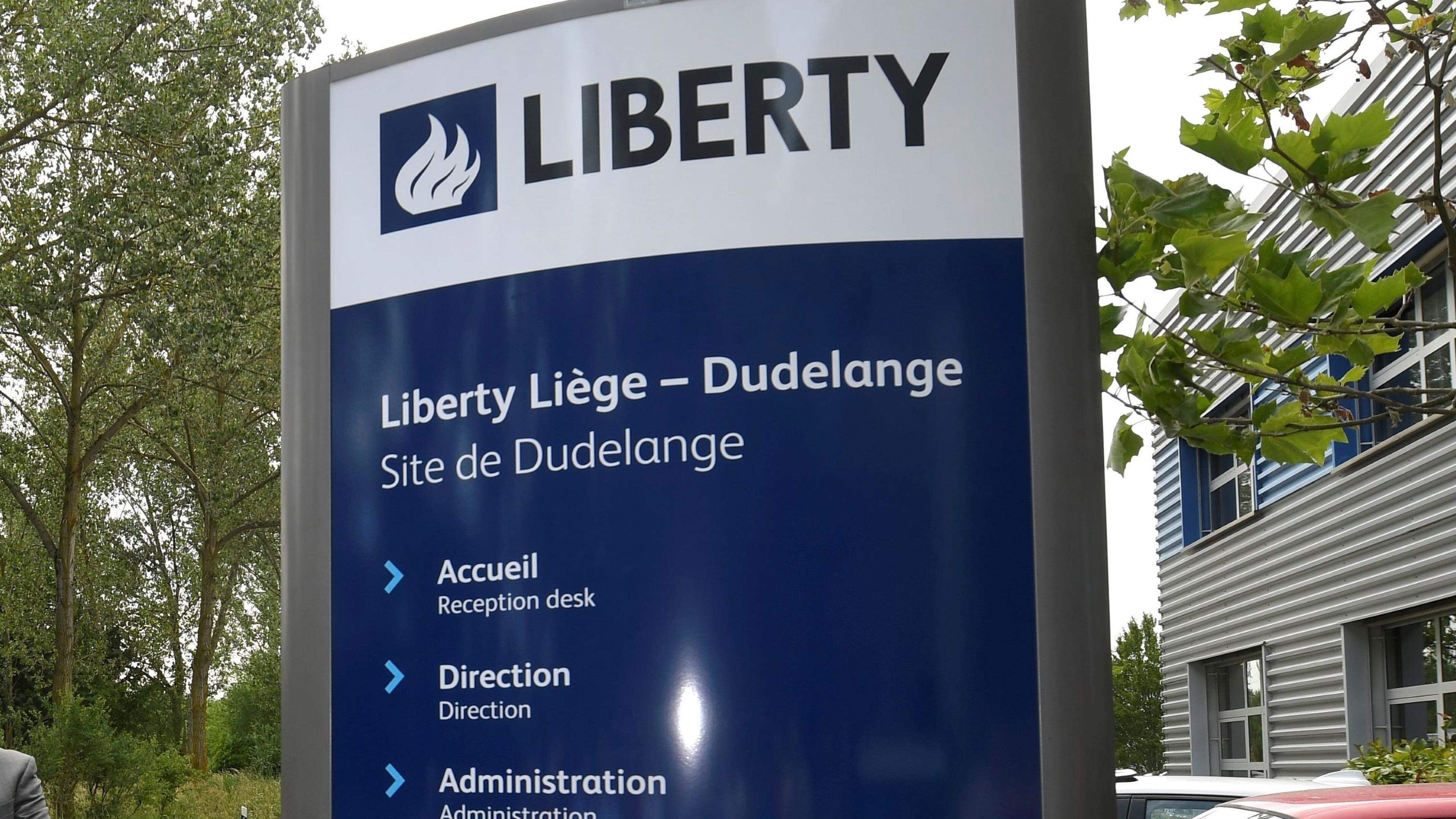Sanjeev Gupta’s vast steel empire risks finally falling apart
Businessman’s balancing act in Luxembourg and elsewhere long offered promise of preserving jobs

Sanjeev Gupta © Photo credit: AFP
06/12/2024
For the past three years, steel tycoon Sanjeev Gupta has performed an extraordinary feat of corporate survival.
The British industrialist managed to keep most of his empire of steel plants even as creditors circled, concerns arose about alleged wrongdoing regarding trades and he faced probes for suspected fraud and money laundering.
Now his luck may be running out.
Gupta’s Speciality Steel UK Ltd. unit went to court in London on Wednesday to try to avoid liquidation. The operator of plants in northern England proposed a restructuring plan that would see many creditors get almost none of the money they’re owed.
Gupta warned in court documents that without an agreement the company would cease operating and enter insolvent liquidation. He said that would mean all 1,500 employees would be automatically dismissed.
That’s just one part of GFG Alliance — his sprawling group of businesses that employs roughly 30,000 people in 30 countries — that’s crumbling. Around the world, a number of his companies are shuttering production, failing to pay suppliers and staff and falling into insolvency.
Last week, GFG’s Liberty Steel operation in Luxembourg admitted in court that it was bankrupt, marking the end of two years in which employees didn’t work in the shuttered Dudelange factory but were paid salaries until that too stopped a month ago. A receiver was appointed to take over the factory and its unpaid bills after the subsidiary of UK-based GFG Alliance never completed negotiations to sell the site despite years of mediation efforts by Luxembourg’s economy ministry.
Like his steel industry peers, Gupta has suffered from a wave of cheap imports from top producer China, where an ailing construction sector has left the country with too much supply and hurt prices. He’s also being criticized for continuing to spend lavishly, including splashing out on a luxury apartment, just as his workers and suppliers feel the pinch.
“The market conditions are placing our businesses under even more pressure, notably in Europe,” GFG Alliance executive Paul Francis said in a recent email informing staff that the company would be late paying their salaries. “The consequences of this are inevitably being felt in our central financial cash flow mapping.”
GFG’s investments in the UK and Australia show its commitment to navigate tough market conditions, Chief Transformation Officer Jeffrey Kabel said in a statement.
The company “is engaged in multiple restructurings and legal processes that will reorganise its debt and settle disputes,” he said. “These processes are nearing completion and will set a platform for recovery and growth as we begin to restart operations at our core businesses.”
Gupta, nicknamed the “savior of steel” for his history of buying unwanted assets at cheap prices, also has other problems.
His conglomerate is being investigated in France and Britain over allegations including fraud and money laundering. Prosecutors rounded on GFG after the collapse of its main lender Greensill Capital in 2021. In the wake of Greensill’s downfall, it was revealed that GFG had been borrowing money against expected future invoices, for sales that were merely predicted.
GFG has denied wrongdoing.
Troubled Operations
Numerous Gupta-owned businesses have faced difficulties from the challenging steel environment in the past year, with the Speciality Steel unit already idling some production.
As part of the proposed restructuring plan, some creditors say they’ll receive only 0.1% of what they’re owed, according to documents submitted to London’s High Court.
It’s unclear how indebted Speciality Steel is, as some debts are disputed and it hasn’t filed full accounts since 2019, when it had total liabilities of £245 million ($312 million). UK business registry Companies House said it’s taking enforcement action.
Failure to file accounts stems from Greensill’s collapse, a GFG spokesperson said. Directors have been clear on the challenges of finding an auditor and have taken reasonable steps to resolve the situation, the spokesperson said.
Still, Gupta has a long history of pulling off surprise escapes. GFG said in court that by reducing its debts and dealing with the enforcement action against its UK steel businesses it can raise fresh financing, though some creditors are less confident this will be possible.
While union officials for Speciality Steel workers hope for government help once the insolvency proceedings and fraud probes are resolved, authorities have so far refused to commit to supporting the plants. The UK in 2021 rebuffed a £170 million bailout request from GFG. The Department for Business and Trade said it’s monitoring developments around Gupta’s businesses.
“This government has laid out our plans to rebuild the UK steel industry more broadly in order to support communities now and for generations to come,” it said.
Plant Workers
Many governments had welcomed Gupta’s arrival, and even gave financial support when he acquired assets. But with some businesses on the brink of going under, politicians are increasingly fretting about future jobs at plants, which are often in regions where there are few other economic opportunities.
Such is the case in Hungary, where Gupta struck a deal in 2023 for a bankrupt steel firm. Relations between Gupta’s Liberty Steel and Hungary became strained after the company stopped paying its workers a few months ago. The government said Liberty broke its promise to invest in the steel plant, and announced a decree that made it easier to liquidate the companies owned by Liberty. Liquidation proceedings for the local businesses began in October.
The GFG spokesperson said that further investment in Hungary was inhibited by the failure of provision of promised working capital, and that credit appetite of banks was hurt by the challenging steel market.
Elsewhere in Europe, creditors last month asked a court to send Gupta’s Czech unit into bankruptcy after the insolvency administrator recognized an equivalent of more than $300 million of claims and attempts to reorganize the business failed.
Founded seven decades ago and taken over by Gupta in 2019, the Czech mill has gradually shuttered most operations over the past year and cut thousands of jobs after it failed to pay its debts and needed help to pay salaries. While the smelters remain shut, parts of the compound have resumed some steel-rolling operations.
Other Problems
Gupta also faces headaches in Australia, which has long been the most profitable part of his business.
The Whyalla steelworks there has faced months of shutdowns this year, and local media have reported issues with payments to contractors. GFG also owes royalties to the state, according to parliamentary documents. GFG said additional funding is in the process of being provided.
Despite the list of troubles, Gupta continues to live an expensive lifestyle. Australian media reported that he bought a prime waterfront apartment in Sydney for millions of dollars this year. He also threw a party for friends and business contacts in Turkey this summer to celebrate his wife’s birthday, according to people familiar with the matter who asked not to be identified.
GFG declined to comment on the property purchase and party in Turkey.
South Australian politician Eddie Hughes, whose seat covers the Whyalla region, has been among Gupta’s fiercest critics.
“Sometimes it just takes one more straw on the camel’s back to unleash the pent-up frustration and anger,” he wrote on Facebook in September. “The latest high-end Gupta property acquisition in Sydney might well prove to be that straw.”
©2024 Bloomberg L.P.
.jpg)



No comments:
Post a Comment